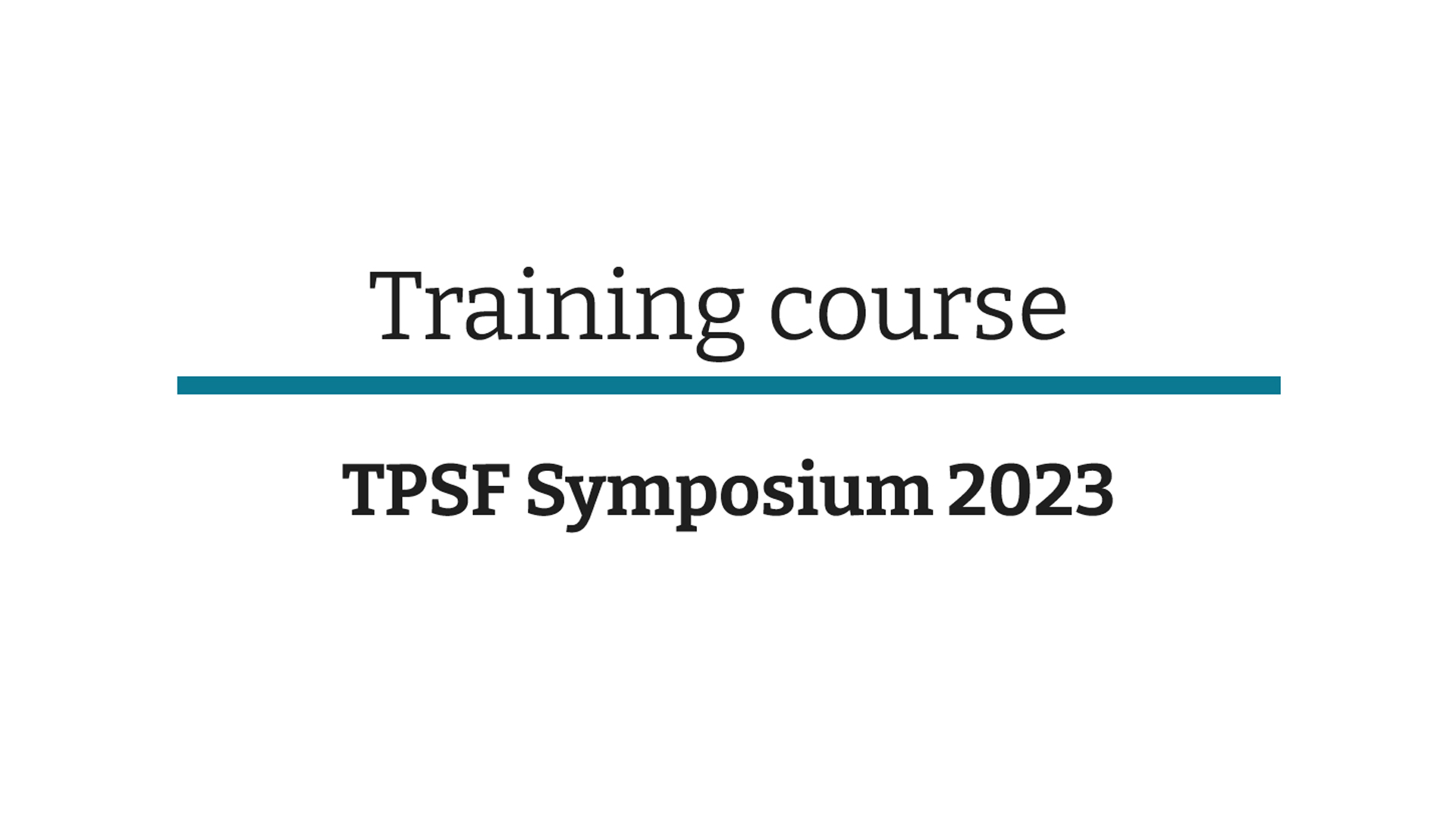
- This event has passed.
Training on Satellite-based tools for Investigating Aquatic Ecosystems Preceding the Trevor Platt Science Foundation Symposium 2023
April 1, 2023 - July 31, 2023
Plymouth Marine Laboratory

Application deadline for the in-person component is February 13th, 2023!
The Trevor Platt Science Foundation Symposium will be preceded by a training course on Satellite-based tools for investigating aquatic ecosystems. The training course will centre on a subset of the themes of the Symposium, such as remote sensing of ocean colour, water quality and human health, the ocean carbon cycle, primary production, physiology and ecology of marine phytoplankton and practical aspects of working with satellite data.
The training will have online (weekly webinars between April and July 2023) and in-person (7-8 Aug 2023) components. In-person trainees (limited to 40 participants) will be expected to contribute first-author abstracts and participate in the Symposium (9-11 Aug 2023).
This course is co-organised by ESA as part of a training programme with the Trevor Platt Science Foundation, in order to address One Health related issues such as waterborne infectious diseases and the ocean carbon cycle, using Earth Observation data. Following the EO for Health and Urban Resilience workshop organized in 2020, ESA has started a number of projects in the health domain and through the WIDGEON project is developing a dedicated use case in India and is enhancing capacity building and information dissemination activities towards users and stakeholders around the world. ESA has also a number of on-going projects (e.g. BICEP) focusing on the use of Earth Observation data to estimated the different pools and fluxes of the Ocean Carbon cycle. Finally, we aim at re-using part of the teaching material developed in this course as an ESA contribution to the collaborative Zero-Hunger MOOC produced by the University of Jena in collaboration with CEOS WG CapD members
The training is organised into three components:
- Step 1: Online training component (open to all qualified applicants and free of charge)
- Step 2: Selected participants who have completed the online course are admitted to an in-person training course
- Step 3: All the participants who have completed the training course will have the opportunity to participate in the Symposium. They will be able to contribute oral/poster presentations, attend all oral and poster sessions and join discussion and networking sessions. The networking sessions that are built into the symposium are designed to enable trainees to engage with their cohorts and with leaders in the scientific world to discuss future activities and projects. A selected subset will be given the opportunity to co-chair sessions.
The curriculum for the training course is outlined briefly below:
Online training course: will be spread over a period of ~4 months from April to July 2023, and will consist of one webinar per week. The total number of webinars will be 15, and will be broken down into the following modules:
- Introduction to satellite-based observations of the oceans, introduction to data repositories and access
- Introduction to processing software tools
- The role of the environment in water-borne diseases and human health, the role of Earth Observations
- Ecosystem monitoring: indicators of ecosystem status including primary production, phytoplankton phenology, and relevance to climate
In-person training course: will be held over 2 days at the Plymouth Marine Laboratory (UK), on 7 & 8 August, 2023, and will be divided into four sessions, and will delve more deeply into the subjects introduced in the online training course. In addition, the participants will be introduced to machine learning and artificial intelligence tools. The emphasis will be on hands-on computer training, but it will also incorporate up to 4 high level lectures to set the stage. We can accommodate a maximum of 40 people at the in-person training course.
The training will be a combination of lectures and practical exercises provided by experts from a number of organisations. In-person trainees will have the opportunity to learn state-of-the-art techniques including data processing, optical modelling and machine learning.
Who can apply: The training is open to early career scientists, technicians, postgraduate students (PhD or MSc) and post-doctoral scholars involved in aquatic ecosystems research. The course will also benefit any WIDGEON and BICEP users.
Funding: Limited travel support will be available to assist trainees from both developing countries (see eligible countries on the official website below) as well as Europe. All participants requiring travel support must submit an abstract to the TPSF Symposium as first-author.
For more information, and to register, go to The Official Training Site here.
Application deadline for the in-person component is February 13th, 2023!
